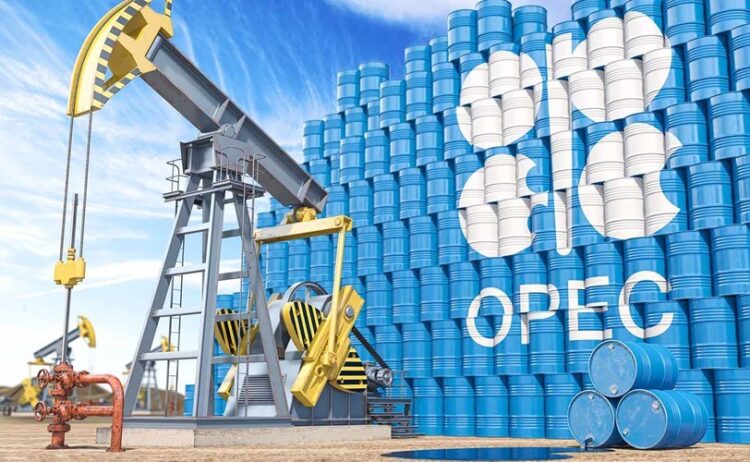Publisher: Maaal International Media Company
License: 465734
Two OPEC+ sources: The alliance will go ahead with the planned production increase in December
Two OPEC+ sources said to Reuters on Thursday that the alliance is moving forward with increasing oil production in December because its impact will be minimal given the existence of a plan under which some members will reduce production in September and the following months by a larger amount to compensate for excess production.
The Organization of the Petroleum Exporting Countries (OPEC) raised its expectations for global oil demand in its annual report in the medium and long term, pointing to growth led by India, Africa and the Middle East and a slow shift towards electric vehicles and clean fuels.
OPEC expected in its World Oil Outlook report for 2024, published the day before yesterday, that demand will continue to grow for a period that exceeds the expectations of the International Energy Agency and BP, which expect oil demand to peak during the current decade.
اقرأ المزيد
The rise in oil demand for a longer period is likely to give a boost to OPEC, whose 12 members depend on crude revenues, according to “Al Arabiya”.
In support of its view, OPEC said it expected “ambitious” clean energy targets to come under further pressure, and pointed to plans by several global automakers to scale back their electric vehicle targets.
“There is no peak oil demand in sight,” OPEC Secretary-General Haitham Al-Ghais wrote in the introduction to the report, which was launched in Brazil, a non-OPEC country with which the group is seeking closer ties.
“The past year has seen a broader recognition that the world can only shift to new energy sources on a large scale when it is truly ready,” he added.
OPEC expects global oil demand to reach 118.9 million barrels per day (bpd) by 2045, 2.9 million bpd higher than last year’s report, and 120.1 million bpd by 2050.






